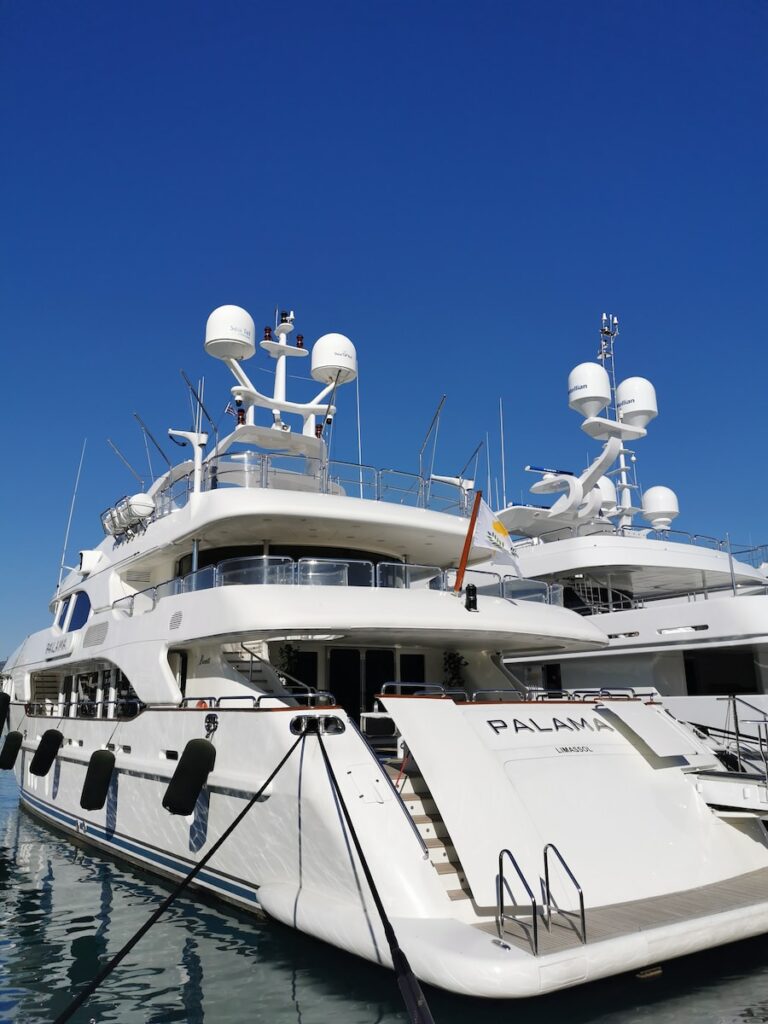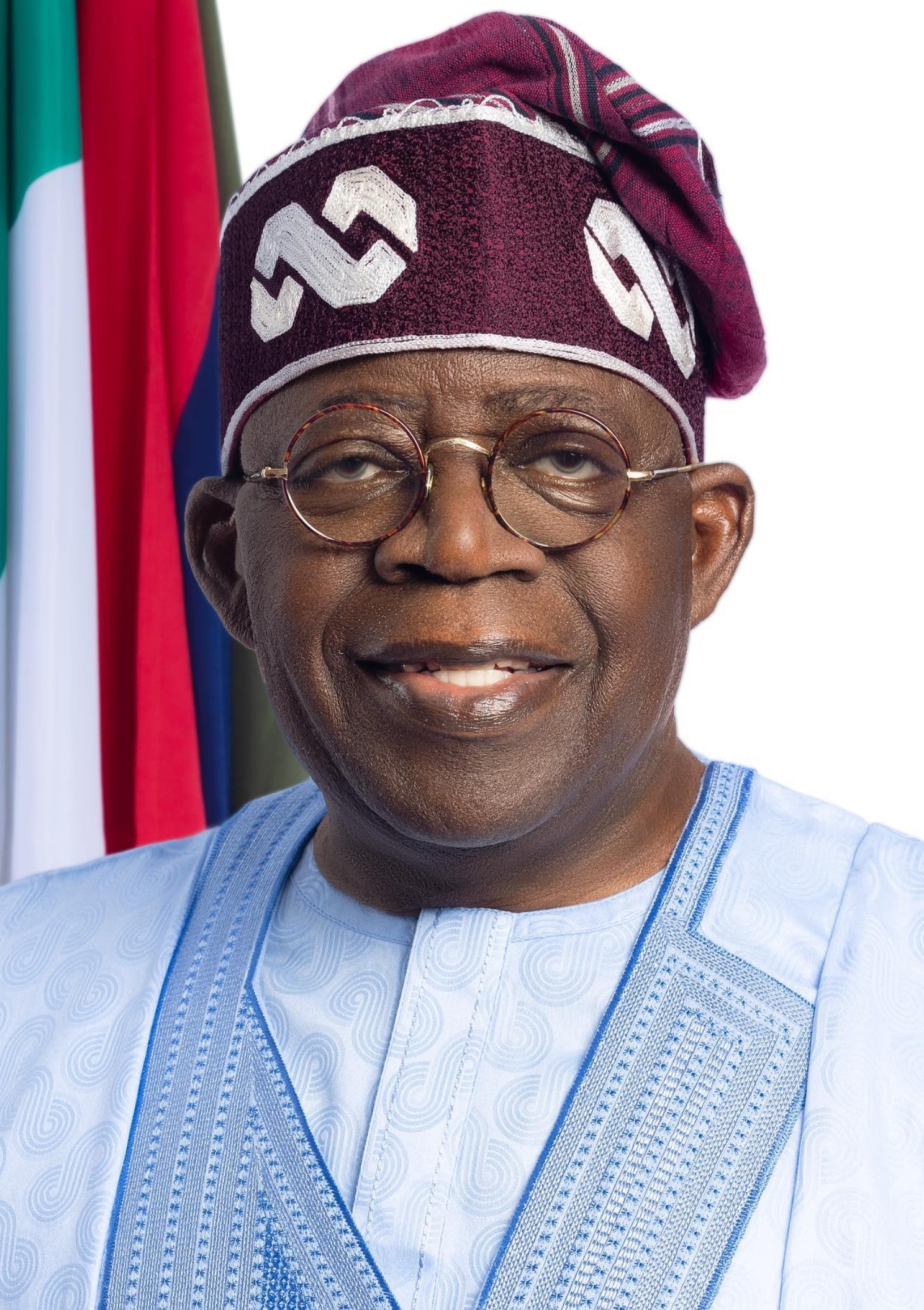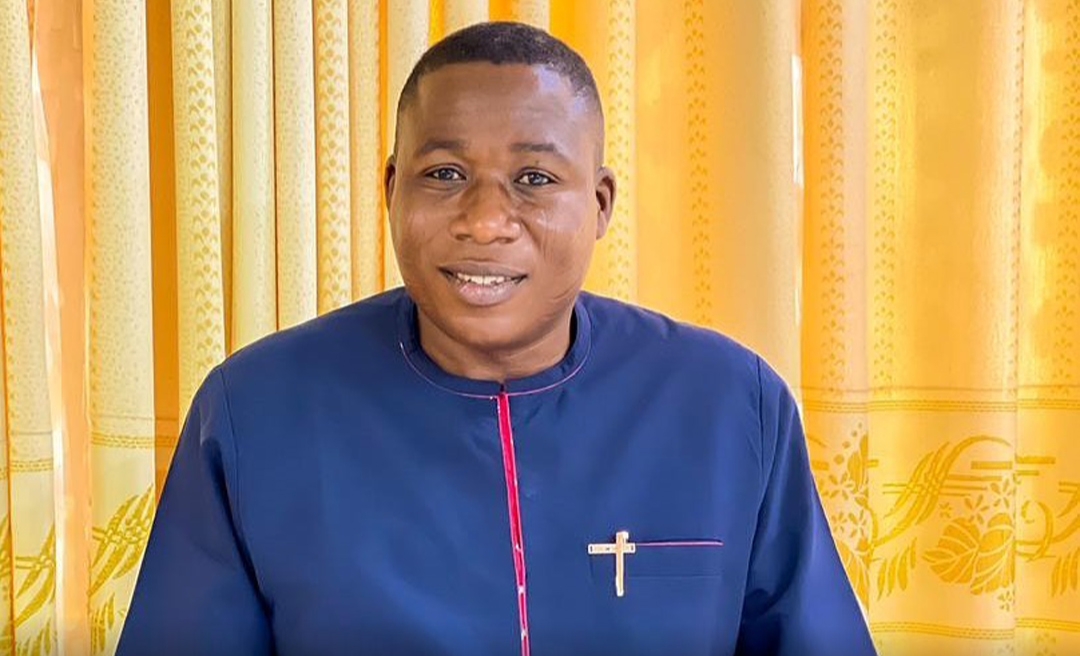Amidst Economic Hardship, Presidential Yacht Purchase Plan Rejected by Lawmakers
In a move that has resonated with the Nigerian public, the House of Representatives has defied the government’s proposal to purchase a presidential yacht for $6 million (£5 million). This decision comes at a time when the country is grappling with a severe economic crisis, soaring inflation, and widespread poverty.
The proposed yacht purchase, which was included in a supplementary budget presented by President Bola Tinubu, immediately drew criticism from citizens and activists who viewed it as an unnecessary expense during a period of financial hardship. The allocation of such a significant amount towards a luxury item for the president while millions of Nigerians struggle to make ends meet was met with outrage and accusations of extravagance.

In response to the public outcry, lawmakers made a bold decision to reallocate the $6 million earmarked for the yacht towards the student loan budget, doubling its current allocation. This shift in priorities reflects a commitment to education and student welfare, prioritizing the needs of the future generation over the acquisition of a symbol of opulence.
President Tinubu, who took office in May with promises of reducing waste and alleviating the financial burdens faced by Nigerians, initially defended the yacht purchase, stating that it was necessary for security purposes. However, the public outcry forced him to distance himself from the proposal, suggesting that it originated from the Nigerian Navy rather than the presidency.
Despite the president’s attempt to deflect responsibility, the controversy surrounding the yacht purchase has tarnished his image and raised questions about his priorities. The timing of the proposal, coinciding with the government’s decision to scrap a fuel subsidy, further fueled public resentment, as the resulting rise in fuel and other essential commodity prices exacerbated the economic hardship faced by ordinary Nigerians.
The government’s decision to allocate funds for non-essential expenses, such as luxury vehicles and the construction of a presidential office complex, while millions of Nigerians live in extreme poverty has drawn sharp criticism from activists and advocacy groups. They have urged the government to reconsider its priorities and focus on addressing the pressing issues facing the citizenry, such as poverty reduction, infrastructure development, and job creation.
The rejection of the presidential yacht purchase by the House of Representatives serves as a reminder that the government’s spending decisions must be aligned with the needs and aspirations of the people. In a time of economic hardship, the government must prioritize essential services, infrastructure, and social welfare programs that directly benefit the majority of the population.
This decision also highlights the power of public scrutiny and the importance of holding the government accountable for its actions. The Nigerian people have demonstrated their willingness to speak out against wasteful and unjustified expenditures, sending a clear message to the government that such extravagance will not be tolerated.
As Nigeria continues to navigate its economic challenges, the government needs to adopt a more prudent approach to resource allocation. By prioritizing essential services, infrastructure, and social welfare programs, the government can demonstrate its commitment to the well-being of its citizens and pave the way for a more prosperous future for all Nigerians.



